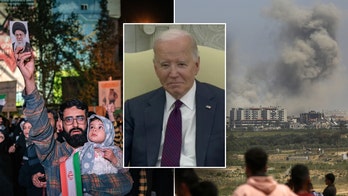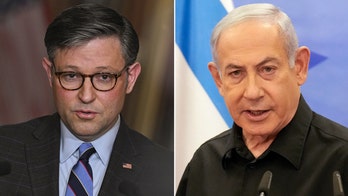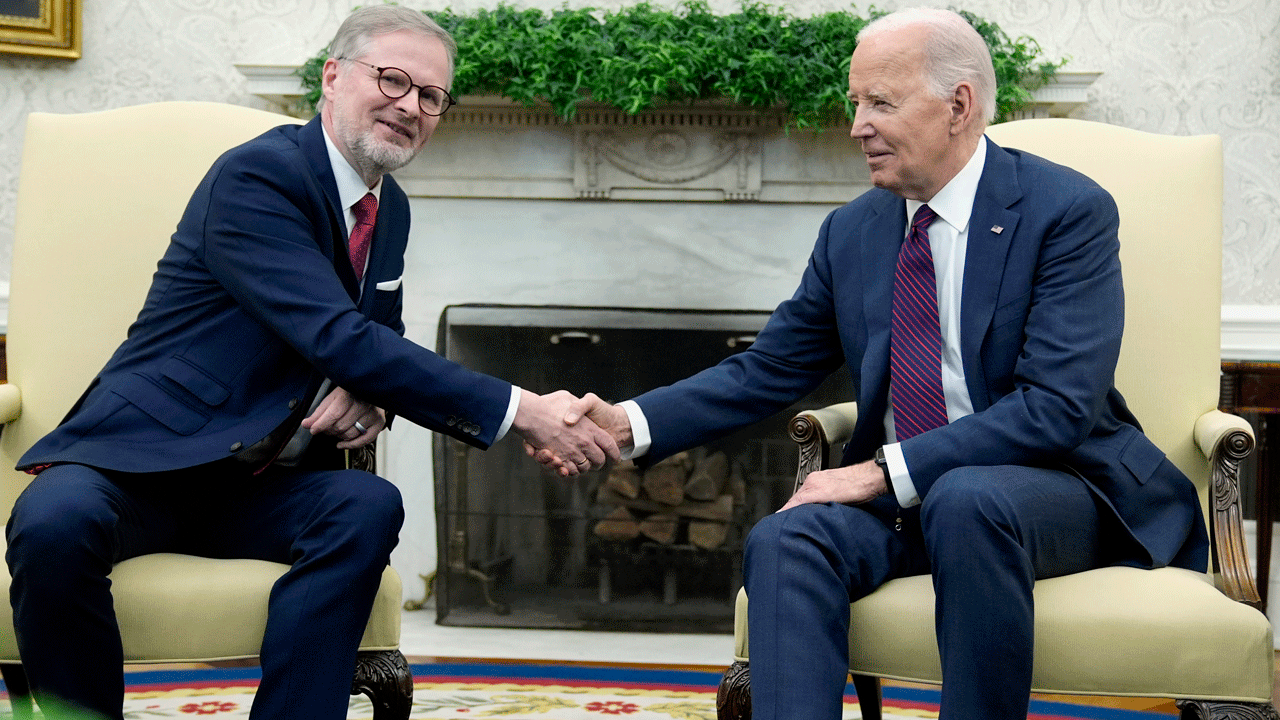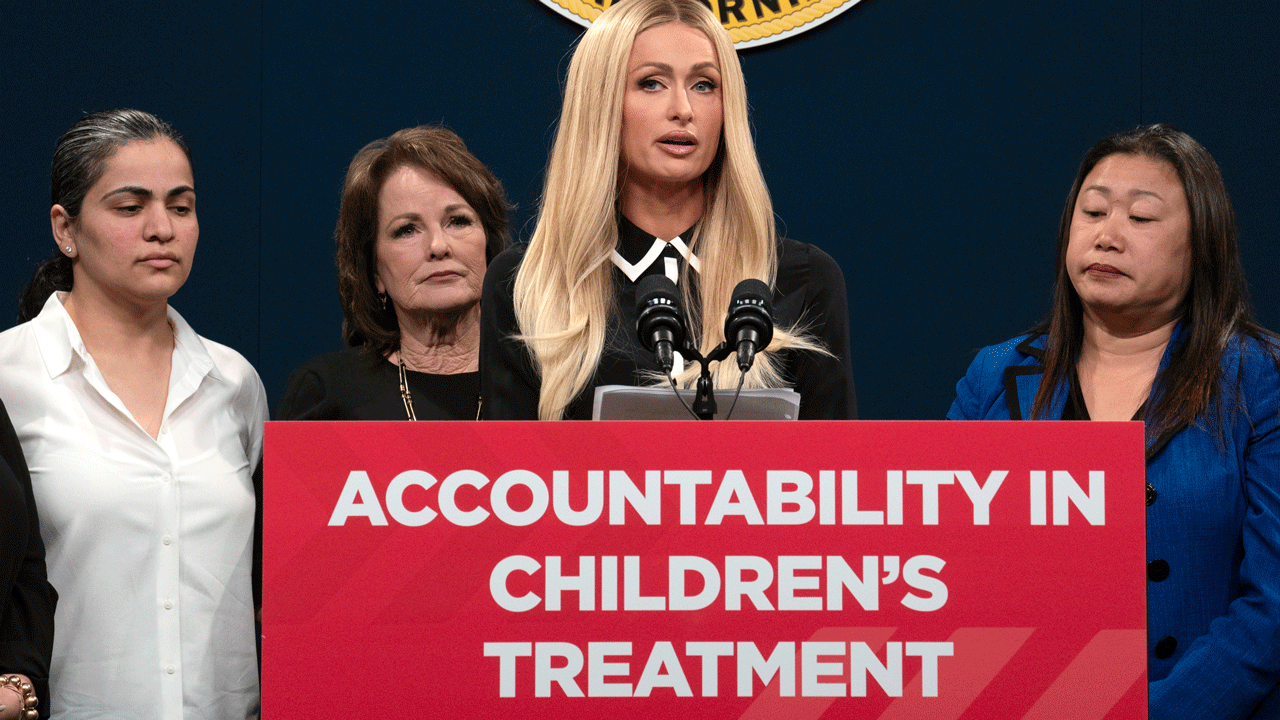WASHINGTON -- In a victory for former Secretary of Defense Donald Rumsfeld and 10 high-ranking military officers, the Supreme Court announced Monday it will not hear an appeal brought by four former Guantanamo Bay detainees who claim they were tortured and were trying to sue the people they blame for their alleged mistreatment.
The men were picked up in Afghanistan shortly after the Sept. 11, 2001, attacks and transported to Guantanamo Bay. The men, all British citizens, were released without charge in 2004. They claim that while in American custody they were systematically tortured and subjected to beatings, forced nakedness, deprived of food and water and had their religious artifacts deliberately soiled.
They specifically blame Rumsfeld and the military officers for their treatment.
Lower courts have repeatedly ruled against the men's attempts to seek compensation from the officials. Earlier this year, the D.C. Circuit U.S. Court of Appeals ruled that Rumsfeld and the others have qualified immunity shielding them from this litigation.
In their brief to the high court, lawyers for the former detainees said "the torture and religious humiliation of Muslim detainees at Guantanamo stands as a uniquely shameful episode in our history." They went on to ask the justices to take their case in order to "remedy that stain on the moral authority of our nation and its laws."
This is the second time the case has come before the high court. Last year, the justices set aside a similar D.C. Circuit ruling and asked the lower court to reconsider the case. But in April, the D.C. Circuit reached the same decision emphasizing its analysis that the U.S. officials are immune from prosecution.
Solicitor General Elena Kagan refused to concede the torture allegations and defended the lower court's immunity analysis. Furthermore, Kagan says "it was not clearly established at the time (the plaintiffs) were detained at Guantanamo Bay that they had the constitutional rights they claim were violated."
Even though the justices decided not to take this case, they have not been shy in resolving contentious disputes coming from the Bush administration's decision to relocate captured War on Terror detainees at Guantanamo. Its most recent decision in 2008 gave the detainees the right to challenge their cases in American courtrooms.
Early next year, the justices will hear a case asking them to order a group of men, deemed not to be terrorists, released into the United States.




